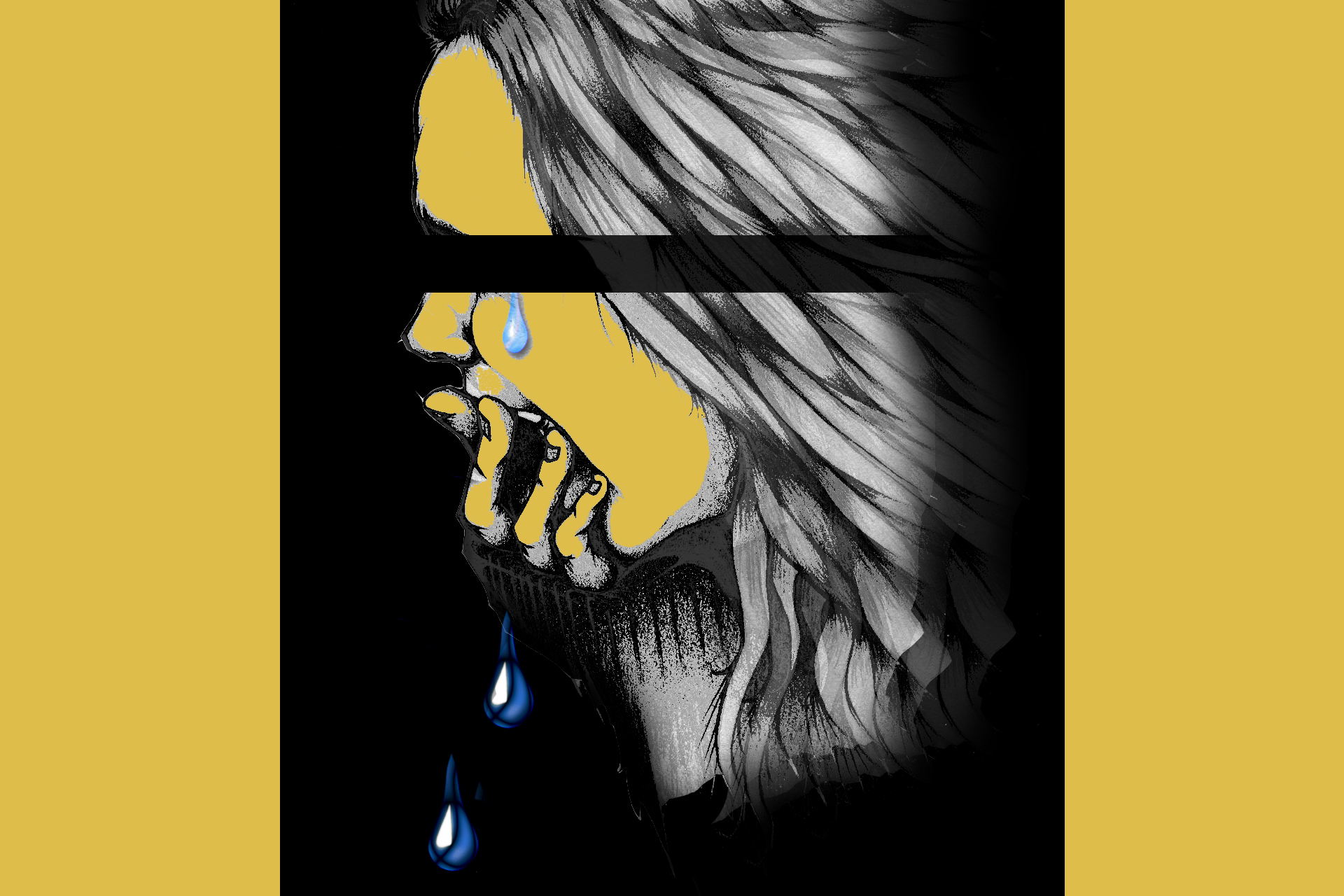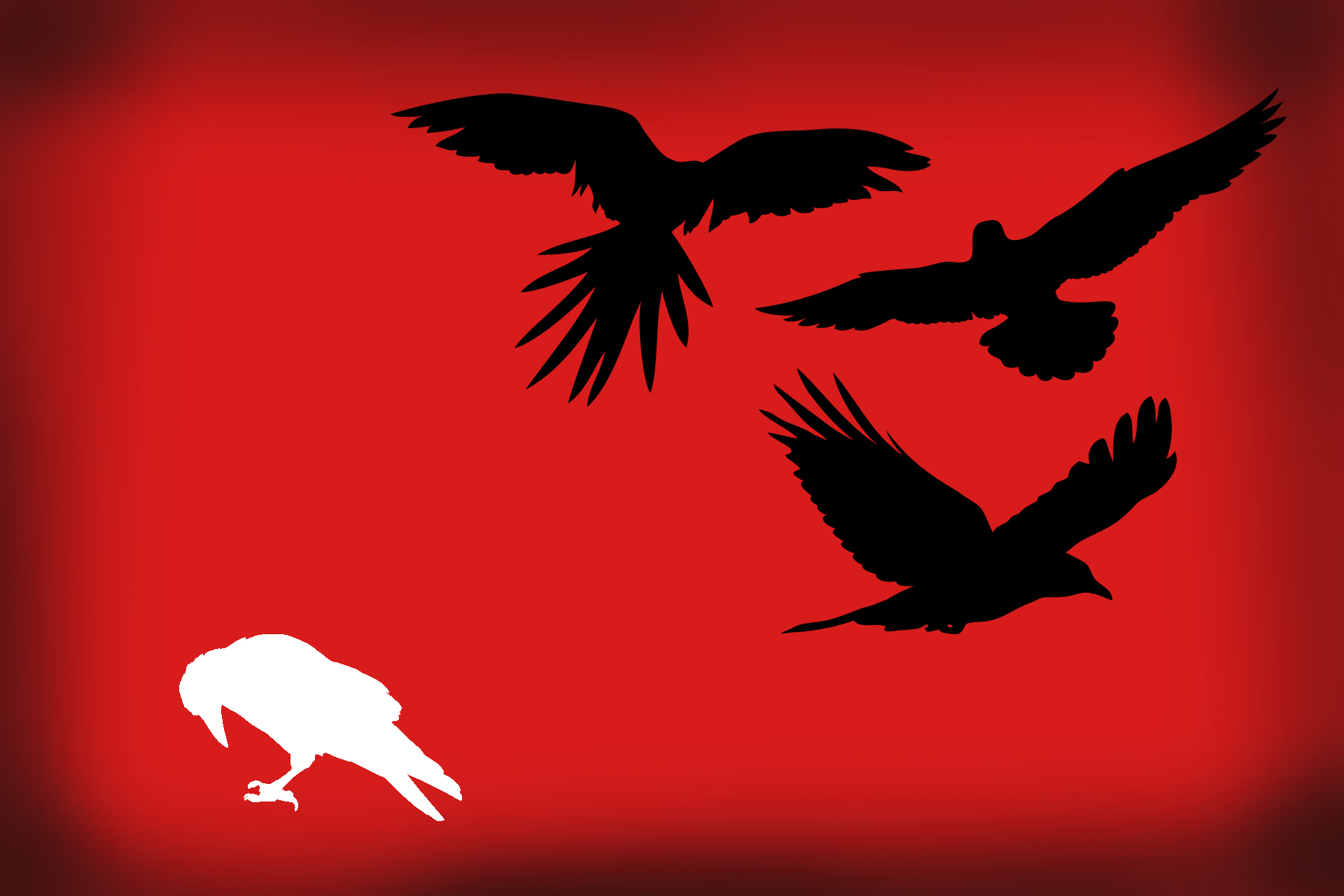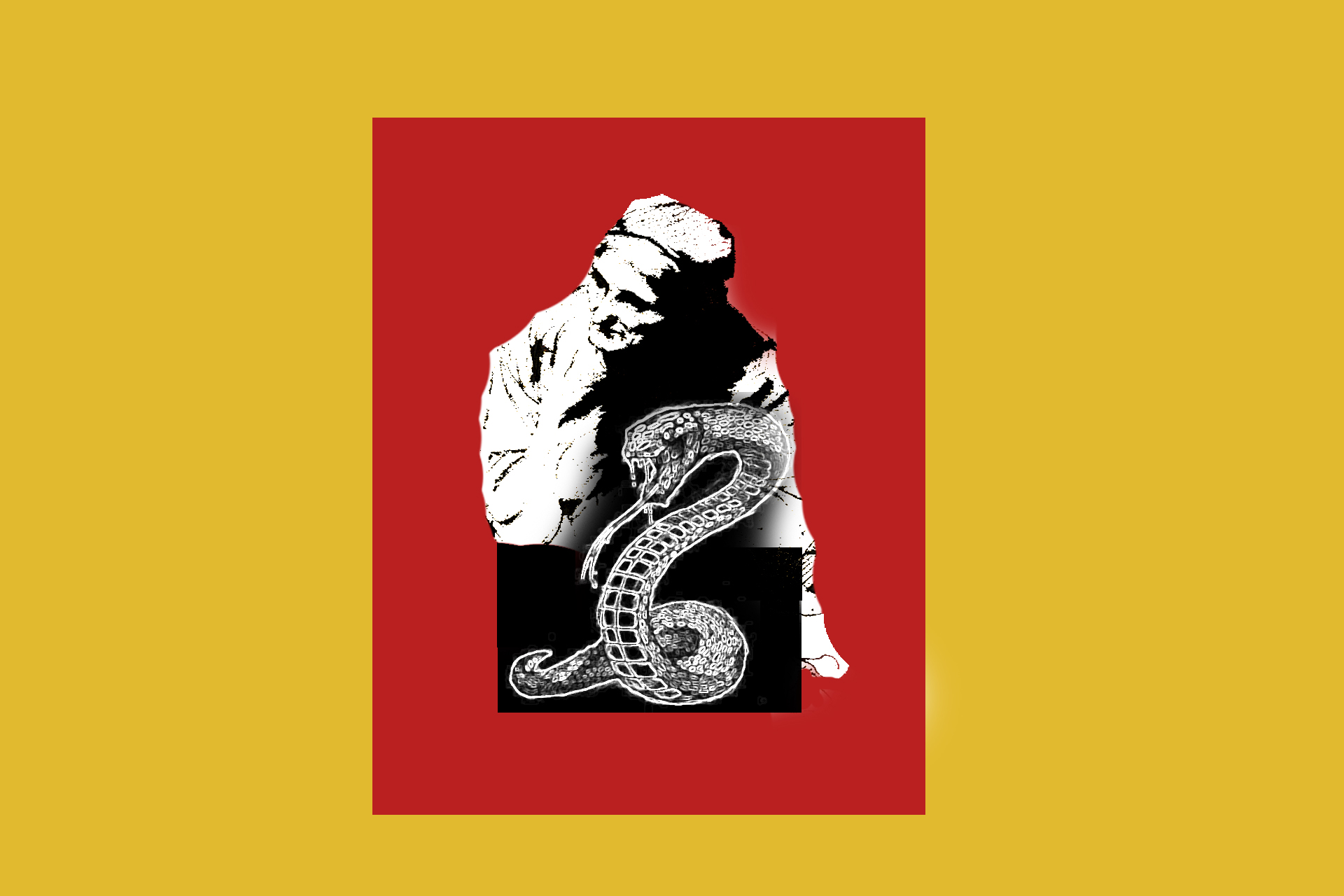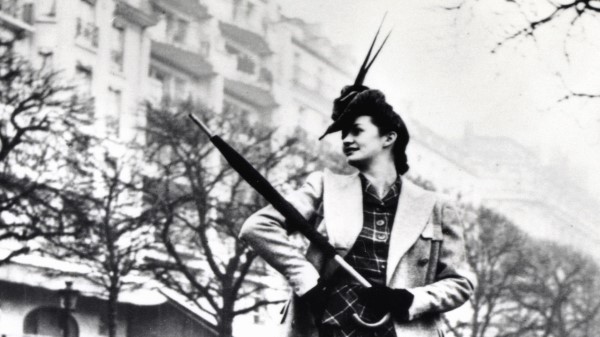Running. A profusion of sweat and tears flowing past my face and to the terror that trails behind me. The quicker I run the faster it catches up. Clothes soaked, the soles of my bloody feet remain persistent, pushing through pebbles and rocks. My heart darts uncontrollably faster than the breaths I take. My vision’s capabilities are heightened to a whole other level of desperately seeking any possibilities to staying alive. Teeth clenched tight, almost as if it’s purpose is to keep my fear of collapsing restrained. Eyes locked ahead, I feel it’s arms around me, everywhere. The weeping sounds of familiar faces wail in my ears as they disappear behind me. Subtle whimpers skid from my lips. How long will I be running for? How long before my body quits on me? Questions without answers jolt like an unsolved puzzle in my mind trying to make sense of things. And… I’m caught.
Dreams have a funny way of telling you about of things. Some dreams are subtle reflections of your past doings, feelings, images and memories while others are clearer abstract and surreal visions of those same characteristics. Like looking into a Dali painting, but one based on you. It’s illusive, being allowed that space of acting out situations that would never happen in the waking life, it’s an exhilarating feeling. But it’s not all positive, negative dreams, in other words “nightmares”, can leave you restless with pangs of fear, anxiety, and pain. Some will leave you in a sense of melancholy for days, making it harder to fall asleep.
But why do we dream? Sigmund Freud, believed that dreams are wishes that the people Subconsciously want to be fulfilled. A person’s dream encompasses two elements, a “manifest” implication, the obvious meaning behind the dream, and a “latent” implication, which is the hidden meaning. Freud’s theory is that dreams were so unpleasant that the mind covered the real meaning by expressing those meanings to something less threatening. Dissecting the manifested meaning of dreams can unravel a lot of the latent content to which would provide a better understanding of the dream.
Psychologist B.F. Skinner, who focused more on the behavioral approach to dreaming, argued Freud’s studies, saying that dreams aren’t hidden wishes or a certain memory, but theorizes it as seeing things in the absence of seen things through the REM, rapid eye movement, stages of sleep. The focus is more on how human behavior influences their dreams. Which is to say, what we do in our waking life is reflected in our dreams.
Unlike his mentor, Freud, Carl Jung did not see dreams as desires, or instinctual, but more of spiritual, like a window to your subconscious. He was a firm believer that dreams did not need to be deduced to perform its purpose, of which he called individuation, intermingling our conscious and subconscious lives. He saw dreams as a guide to the waking life, one that offers solutions to problems you might be facing in real life.
“It’s easiest to think of individuation as the mind’s quest for wholeness, or that quality of applied wisdom that separates elders from grumpy old men.”
Regardless of what different studies and psychologists represent, there are no right or wrong interpretation to dreams. Personally, I believe dreams could be a combination of all the above, or of nothing mentioned above at all. It’s more interesting to hear what people think of their own dreams, to interpret it themselves, it gives way to understanding the types of emotions and situations they’re going through, it sheds a light on the parts of themselves they might not know have existed. It’s enthralling how some dreams are deeply intertwined with making decisions in the waking life.
Some people share certain dreams, like being interconnected within a certain frame of mind. Dreams could be served as a warning, or as an abstract form of feelings. One might not remember dreaming, but studies have proved that everyone dreams a minimum of 3 dreams a night. For as far as I remember, dreams have always been an extension of my emotions, one that has the freedom to roam with no boundaries attached to it, almost like a parallel universe were anything and everything is possible, and death doesn’t necessarily signify the end.
What’s more interesting than interpreting dreams, are the dreams themselves. Alone, they could be characterized as literary art form of expression. These are situations that take place without thought, without an outline or a plan or any kind of expectation. They exist just to take place. Almost like a type of entertainment for our unconscious pleasure. So I went around asking people to tell me about their dreams; 4 dreams in particular really strike me the most. The stories they told, and the expressions they held, were indescribable. I saw a piece of them that was vulnerable, exciting, scared, confused, relieved… beautiful to say the least. So why write what researchers interpret dreams to be when dreams can write themselves?
“Mother”

Hwajung sat, quite fragile, her fingers tapping away slowly on her knees, when I asked her to tell me a dream she remembers very well. She took a moment, her eyes drifted to a distance before speaking.
“It’s a recent dream. It was like I’m in an emergency or something, and I had to call my mom, but I was, like, screaming, 'OMA! OMA! (mother)' and didn’t realize I was also screaming in real life. This is the second time I dream of this. The first time was 2 months ago, I was in Korea staying with my friend, and I screamed “OMA!” in my sleep and woke up to my friend calming me down and telling me, “I’m here, Hwajung.”
I asked her what she thought that dream meant? She frowned a little, directed her gaze at me and softly said, almost whispered, “Yeah… maybe I feel like, I’m... insecure. Like, I’m unstable alone. I feel like my dreams don’t reflect desires, but those subconscious thoughts, or opinions.”
“Birds of a Feather”

One tug, two, three. Omar, lost in thought, pulled lightly on his beard when I asked him to speak of a dream he remembers well. He jumped off his chair all of a sudden, grabbed an old notebook from his desk and started flipping around anxiously, before ripping a page out and sitting down again. His eyes focused on the paper, he chuckled, “It’s funny you should ask me this, because a few days ago I was looking through old notebooks and found this weird dream I wrote, I think maybe 2 years ago. I don’t usually remember my dreams, so the fact that I wrote this down must have meant that the dream bothered me. Here, I’ll read it to you:
‘In a garden in my home, looked like an amalgamation of my house in London and currently here in Egypt. There were birds and I was with my brother. I told him, knowingly, that the two bigger birds (crows?) would eat the smaller bird. And they were flying around the smaller bird (robin?), pecking at it, bringing it closer to the ground. I was upset by this, but didn’t do anything. Not sure if my brother asked what to do or if I just told him without him asking, but I told him to kick the black bird. I was adamant about it, shouting “Kick it!” over a few times. He did, and he hurt one of the black birds. The bird lost most of its feathers and now seemed helpless and vulnerable. I remembered thinking that birds can’t recognize each other without their feathers and I felt bad for the pink helpless bird.’
I really have no idea what it meant at the time, and I still fully don’t, but looking at it now, I get the impression that trying to protect something you might end up hurting something else by making it vulnerable and screwed-up. In an attempt to protect something small and helpless, I made something else small and helpless.”
His eyes widened with excitement, almost like a look of revelation, he crouched forward and with a grin asked, “Want to hear about my lucid dream experience?” I wasn’t going to pass on that.
“Basically, lucid dreaming is becoming aware that you are in a dream while dreaming - there's a bunch of ways you can induce lucid dreams or develop strategies to help you realize you are dreaming. So, for example, apparently in dreams, light switches often don't work, so you would get yourself into the habit of switching the light on and off every time you go into a room, and the idea was that you would try it in your dreams too. Once the behavior was a habit, and if the light didn't work, it would trigger the realization that you were dreaming.
There were a bunch of these tricks, like looking at a clock, looking away and looking at it again. Generally, in dreams the time on the clock would change when you look at it the second time. Another one, was trying to read a book, a lot of the time in dreams the words or sentences in book will be gibberish. The one that I used the most often was looking at my hands. Your hands look different in some way in your dreams, like it could be an extra finger, or weird shape or something subtle but kind of uncanny valley-ish. The trick with using these kind of techniques though, is staying asleep when you realize you are dreaming. Quite often in the beginning you'd wake up straight away or pretty soon after.”
"Pilgrimage and the Snake"

Om Rasha stood in front of me, her left hand gripping at her gown, she looked up, and took a deep breath before hysterically saying “I have a lot! You will be opening a can you wished you didn’t open. But, I will tell you about two dreams. The first one is mine.”
She adjusted her stance to a more comfortable position, she let go of her gown and started rubbing her hands together, maybe reacting to thoughts or nerves. She continued,
“I dreamt I was at the pilgrimage; I was carrying an elderly neighbor on my back. She was very heavy, so I put her down before I went inside. I circled 4 times around the Ka’aba before waking up.” When I asked her what that meant to her, she didn’t exactly fathom the question, so I rephrased it to what does she think that dream meant, and she replied with, “Well, religiously, when you dream of the pilgrimage, it means that you had a lot of stress and pressure, but now you’re somewhat relieved. Also, it’s my wish to go there one day.”
I thought it was an interesting take on a dream interpretation, she wasn’t really concerned on how she would define her dream, but comprehensively rooted her dreams to her faith. More curious, I asked about her second dream.
“Oh, this one is my daughter’s dream that she told me about. She dreamt of a snake chasing her. She was petrified and it wouldn’t stop chasing her. Finally, she caught the snake and choked it to death. The snake in a dream, usually means an enemy or a person with evil eyes (which is often referred to as bad luck) that has been focusing on you for some time. When you kill the snake, it means you’ve broken the curse of that someone giving you bad luck.”
"The Shadow"

My dream, which I started this article with, is based on how I was feeling when I first moved to Japan in 2014. I was feeling anxious, out of place and alone the very first month there, which was when I first had this dream. If I had to define it, I’d say that the shadow, which almost seemed like a giant octopus, chasing me, was a sign of the unknown, what lies ahead in my future in Japan, catching up to me. Maybe I was running because I was afraid to settle?
Maybe watching my friends and family disappear into the abyss was my unconscious telling me that they weren’t going to be there in my life for a while. I had two similar dreams that same month, one involving a zombie apocalypse, and another with aliens, all of which I was being chased or hunted down. I wasn’t always running, I eventually started hiding in my dreams, which can be translated into finally starting to accept that I need to stay put, i.e. settle. 3 months in, I stopped getting that dream altogether.
From all four dreams, including mine, one could only depict that each interprets their dreams quite differently. Some relate dreams to subconscious opinions and emotions we have in the waking life, some tie it with faith as a message or warning of sorts, some relate it to desires they wish to be fulfilled. It truly is fascinating.



